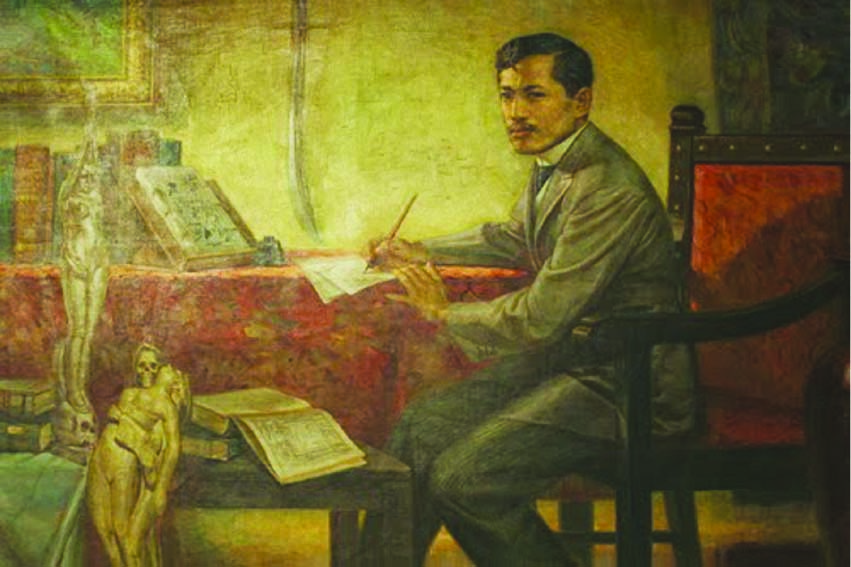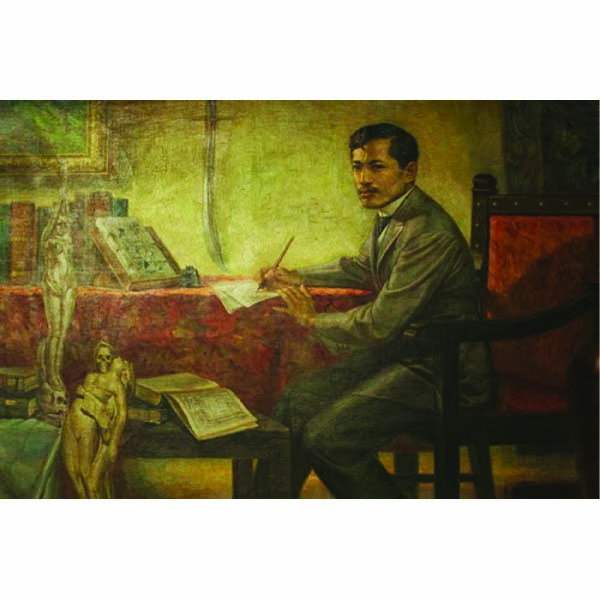
In 1887, Jose Rizal described his fellow ilustrados as “young creole men of Spanish descent, Chinese mestizos and Malayans.” Despite the racial differences, Rizal stressed, “we all call ourselves Filipino.”
This reveals something important about being Filipino: it is a decision to be one. To be Filipino is not about belonging to a “Filipino race.” It is about what one decides to call oneself.
We call ourselves Filipino. Despite Rizal’s nonracial idea of the “Filipino,” we remain bound to racial conceptions of our national community.
Rizal’s concept of the Filipino was a radical one. Before the late 19th century, the term had been an administrative designation for Spaniards born in the Philippines.
Other creoles (Spaniards born in the colonies) had been labeled similarly, Spaniards born in Mexico were Mexicanos, those born in Peru were Pervuianos, those born in Colombia were Colombianos, and so on.
However, in the late 18th and early 19th century, creoles began to identify with their places of birth. In 1795, the creole Luis Rodriguez Varela, was named a count, and he began to call himself “El Conde Filipino.”
From then on, “Filipino” ceased to be just an administrative designation. Because of Varela, it became a signifier of one’s attachment to Filipinas.
The first person to identify as a Filipino was a creole, a white man, not an indio. This fact may seem strange today, but it was by no means anomalous.
The first people to call themselves “Americans” in North America were people like George Washington, Thomas Jefferson and Alexander Hamilton, who were not Native Americans.
In other words, they were not the indios of North America. Rather, they were creoles, European men born outside Europe who developed attachments to a new world, which they called home.
Varela’s early nationalism was shared by other creole families from that period. Eventually, this nationalism spread through liberal organizations and family networks.
By the late 19th century, even non-creole patriots began to call themselves Filipino, Rizal being the most prominent.
This diffusion of national consciousness is a remarkable story that we can only summarize here, but all present-day Filipinos would do well to read more about it by picking up Nick Joaquin’s historical masterpiece, A Question of Heroes.
What does this history teach us? Firstly, it teaches us not to think about Rizal as the “pride of the Malayan race.” That epithet, though useful for some Malaysians who believe in Malay privilege, should never be used again.
We should not remember Rizal for bringing glory to a race. Rather, we should remember him for shattering racial boundaries.
More importantly, to think about the Philippines as non-racial opens up new possibilities of connection, identification and solidarity with our national community.
For example, a current intellectual regression is the anti-Tsinoy diatribes of people such as F. Sionil Jose and Winnie Monsod, who assume that Tsinoys are not fully Filipino.
But if we agree that being Filipino is not about blood, then it becomes obvious that Tsinoys can be just as fully Filipino as Jose or Monsod.
The fact that people like them can get away with calling people less Filipino because of their ethnicity still shocks me.
Imagine a resident of the United States insisting that only white people can be considered fully American. The racism of the statement would not be up for debate.
And yet, in the Philippines, some people still believe that Monsod’s and Jose’s racist insinuations are somehow patriotic.
“We all call ourselves Filipino.”
To call one’s self is an act of identification. And this act of identification is renewed through participation in a common project, the creation of a free and democratic national community.
I have no doubt that Rizal would have agreed with the principle encapsulated in Kaisa’s motto, “Our blood may be Chinese, but our roots grow deep in Philippine soil, our bonds are with the Filipino people.”
The best way to commemorate Rizal’s legacy is to continue affirming ourselves as being Filipino, to call our national identity into being.
